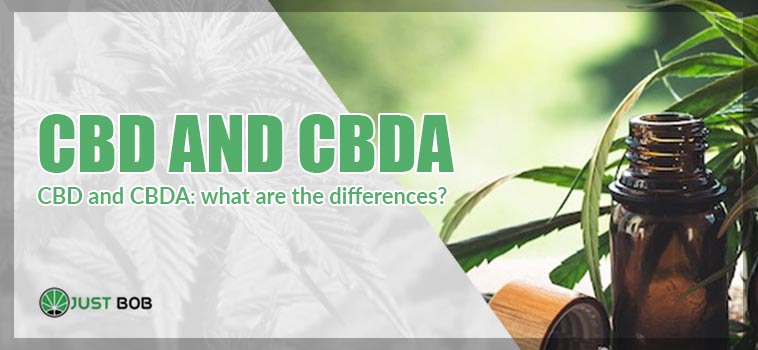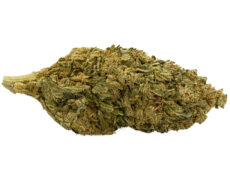Modified on: 20/03/2025
DIFFERENCES BETWEEN CBD AND CBDA: WHAT AND WHICH ARE THE EFFECTS
Cannabis is composed of specific organic compounds that have been objects of research and studies to understand what are the effects they produce on consumers and their main properties to make the most of them.
The legalization of hemp also boosted the CBD cannabis market, focusing people’s interest in the main compounds it contains the CBD and the CBDA.
-
 SMALL & BIG
SMALL & BIGBUBBLEGUM
Indoor | CBD – CBDA<22%
Starting from:EASTER SALE -10%
1,25CHF1,10CHF/gGrams3 5 10 20 50 100 -


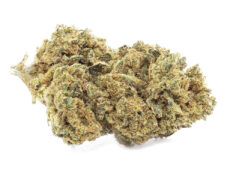
DO SI DOS
Starting from: 2,00CHF/gIndoor | CBD – CBDA < 19%
Grams3 5 10 20 50 100 -


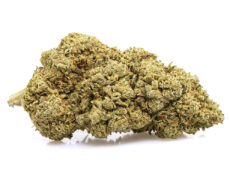
ROYAL GG#4
Starting from: 2,30CHF/gIndoor | CBD – CBDA < 40%
Grams3 5 10 20 50 100 -


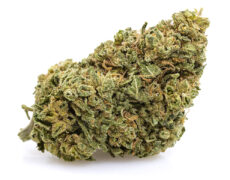
GORILLA GLUE
Starting from: 2,90CHF/gIndoor | CBD – CBDA < 20%
Grams3 5 10 20 50 100
But what are the differences between these active ingredients of cannabis and what are they?
CBDA: what it is and what its main characteristics are
CBD weed has been the subject of interest from research institutes to understand how it interacts with our body, releasing beneficial effects.
Among the various substances present in it there is the CBDA, which is a cannabidiol acid, closely related to CBD since it is the substance from which the cannabidiol itself is formed.
CBDA is present in the glands of the resin, it is to say the trichomes, in CBD bud plants that are not heated or polymerized.
Through a process of decarboxylation that takes time and high temperatures, the CBDA acid group degrades and conversion to CBD takes place.
In general, cannabidiol acid is considered an inactive compound, but in reality, the research is demonstrating the beneficial properties that derive from its intake.
Read also: The damage caused by the non-legalisation of marijuana
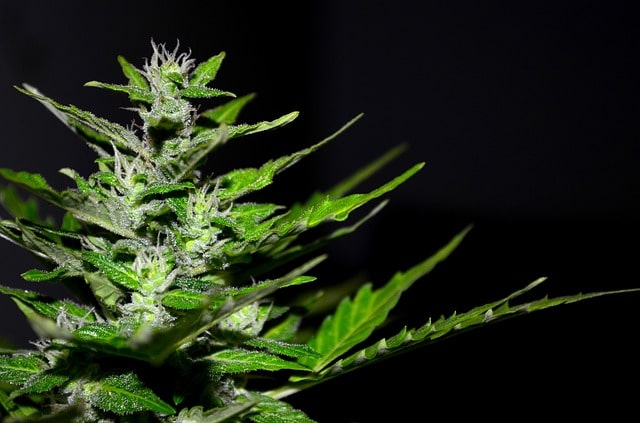

CBD: what it is and what advantages it offers
The CBD has attracted more interest from scientific communities than its precursor, the CBDA.
It is always a non-psychoactive substance, and therefore different from THC, another of the most important active ingredients contained in cannabis.
Cannabidiol is also applied in the medical field due to the beneficial properties it releases on consumers.
It is also important to emphasize that it does not affect the mental and physical state of those who use it but simply causes a state of calm and relaxation.
No known side effects caused by this active ingredient have been identified and it is, of course, what made CBD flowers legal.
In the case of coexistence between cannabidiol and tetrahydrocannabinol (CBD and THC), CBD acts to counteract the psychophysical alterations deriving from THC.
Through this, we understand that this non-psychoactive compound stimulates the production of glutamate and dopamine and it can be used for medicinal purposes.
It acts as an anti-inflammatory, pain reliever, antipsychotic and also, it is used to fight anxiety and regulate the sleep cycle.
CBD and CBDA: differences
The CBDA has strong links with CBD since it is cannabidiol in acid form.
Nevertheless, the studies have focused more on the compound considered active, which is the cannabidiol itself.
Both are substances that do not influence the psychophysical state of consumers and, in reality, are considered to have very similar effects.
The CBDA, like the CBD, can be used as:
- Anti-inflammatory;
- Painkiller;
- Antibacterial;
- Remedy for anxiety and stress.
Since 2012, research has been carried out on the action of CBDA on our body, in fact, it is concretely proving how this possesses an enzyme capable of inhibiting the migration of tumor cells, and this especially affects women predisposed to breast cancer.
The subject is still being studied in-depth, but it is important to know that the interaction between the different cannabinoids can be more efficient than taking just one.
Read also: The role of terpenes in the cannabis plant
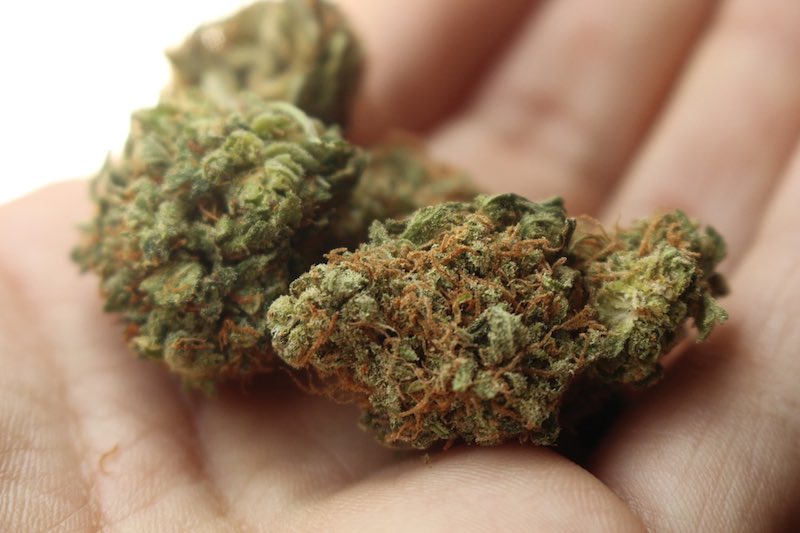

How to intake CBD and CBDA
The vast success of CBD cannabis has made possible a wide choice of how to take the substance.
The method preferred by consumers is the use of CBD oil which is assumed by releasing a few drops under the tongue.
Look for suitable cannabis oils combined with other ingredients such as Omega3, various antioxidants, and CBDA to take full advantage of the benefits of a natural product.
The prelingual intake is also rapid and powerful because it acts quickly on our bodies.
Also about these products, no side effects have been identified but moderate and controlled use is always recommended based on one’s physical needs.
CBD oils are also integrated into the diet because they help regulate the metabolism and are rich in nutritional values.
Beyond oils, CBD can be taken in the form of:
- creams
- capsules
- liquids for electronic cigarettes
- crystals
- chewing gum
This demonstrates the exponential growth that the product has achieved in recent years, so the market has made available various legal and safe products to use to satisfy all the needs of consumers.
CBD and CBDA: conclusions
CBDA and CBD act positively on our system, and through different administration systems, including CBD oils, it is possible to make the most of the beneficial properties of these active ingredients of CBD Buds.
The fields of application of the CBD appear numerous, which has now also reached the veterinary branch.
For example, it is possible to administer CBD oil to dogs and other animals to relieve chronic pain or to combat separation anxiety.
This demonstrates that making sure that you have purchased a natural product whose compositions and extraction methods are known, it is possible to relax or take care of physical problems in a completely simple and legal way.


